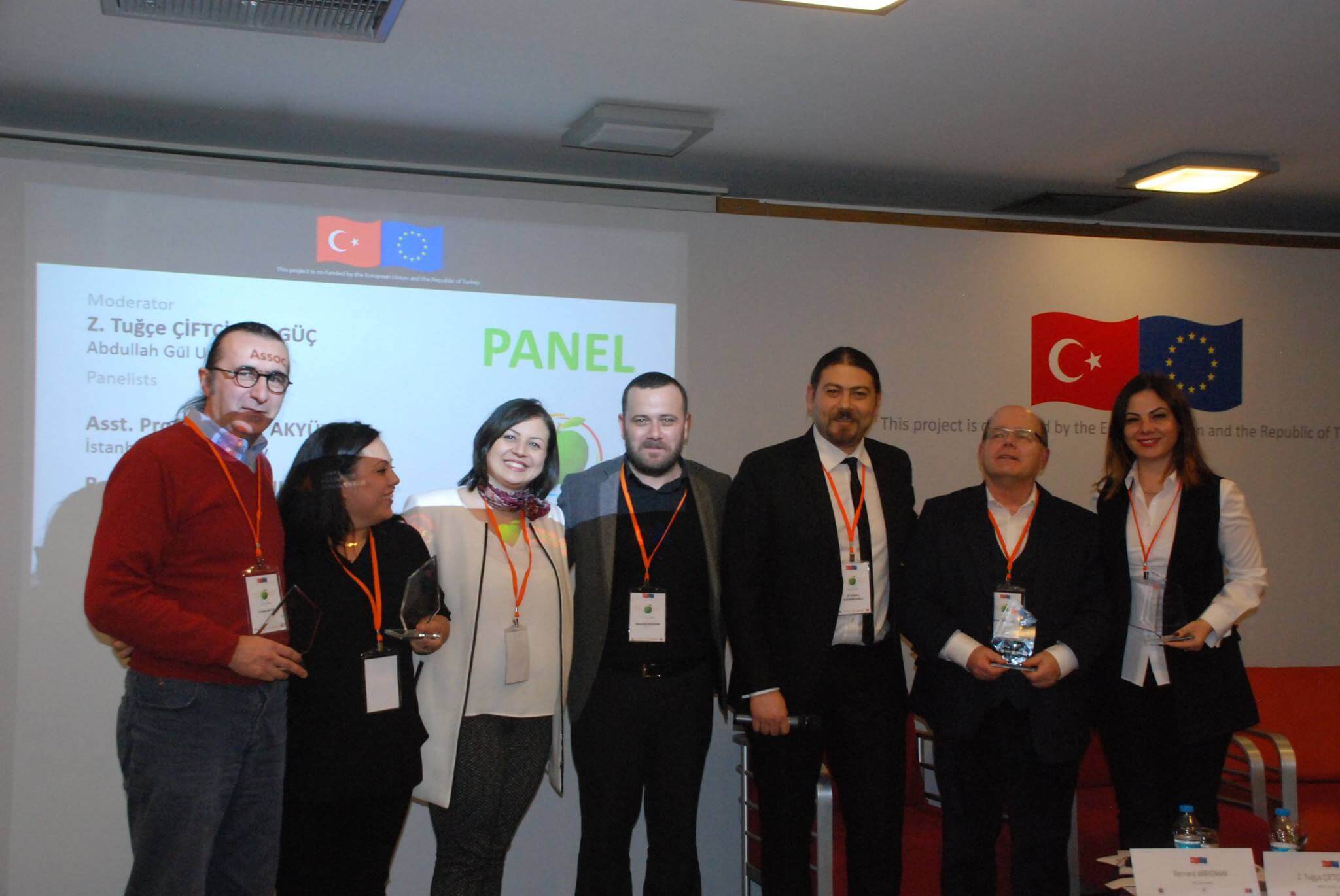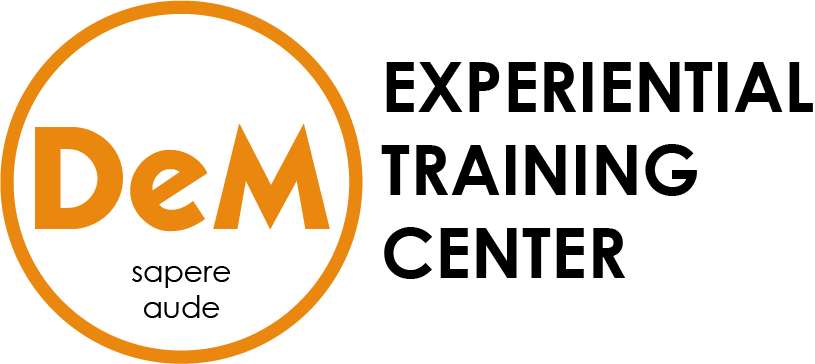Experiential Learning Project
Experiential Learning Project; It is an international project aimed at increasing the quality of formal education and non-formal education and combating early school leaving, by Experiential Training Center.
In the project which is progressing in the scope of EU Civil Society Dialogue Program, Greece, Estonia and civil society organizations in Turkey, setted up a dialogue and a partnership for a training project that takes the base of experience.
15 Teachers and 15 Youth Workers have rolled up their sleeves to bring experiential learning to schools and youth organizations.
Early School Leaving Is An Important Problem
According to the European Statistical Institute, the European Union average of early school leaving is around 10%, while it is around 30% in Turkey. There are a lot to do in this area in our country, where it has decreased from 40% to 30%. Although there are many factors among the reasons for leaving the school, the student's relationship with the school / teacher and the success level of the lessons play an important role in early school leaving. Traditional educational practices do not sufficiently address students' individual tendencies and learning styles.
An Education Which Is Experience-Centere
Experiential Learning; It is an effective learning approach in which students go from a passive listener to an active implementer and combine the information they have learned with real life practices. Thanks to the learning games, role plays and simulations used, the students have the opportunity to learn while having fun.
Experiential Learning Methods are a long-standing methodology used in European Youth Studies. In order to Turkey is a candidate for European Union membership, it has been included in European Union Youth programs as well. In EU Programs; Turkish Civil Society Organizations, which see these interactive methods used in youth education, have been carrying out studies for more than ten years to spread these effective educational methods in our country. Despite all these efforts, experiential learning methods did not become widespread, especially at the “local” stage.
Turkish Sources Are So Few
The main obstacle to the widespread expansion of Experiential Learning Methods in Turkey is the low number of Turkish sources. Most of the resources and learning games describing the Experiential Learning Method are in English. The language problem restricts the use of this effective methodology locally.
The Solutions Which Are Produced by Project
The Project which is targeted dissemination of Experiential Learning in schools and youth work
projects in Turkey, is producing solutions by working in 3 main areas.
Translation Into Turkish
On the website www.deneyimselogrenme.com which is developed within the scope of the project, resources and methods related to Experiential Learning are being translated into Turkish. Moreover, a search engine on the web page can be applied to the desired subject can be reached according to the types of games.
Localization
Experiential Learning-based training methods are often designed in international studies, so they sometimes do not have the full impact of responding to local realities and local needs. For example, a learning game about combating discrimination produced in another country may differ from the local needs in our country in terms of content, characters and subject. In this sense, the Turkish and European experts working on the project developed an adaptation method by Paulo Freire’s Pedagogy techniques to adapt adaptive learning games to local realities.
Long-Term Training of Trainers
A long-term trainers& training program was held for local use of experiential learning in local, schools and non-governmental organizations. 15 teachers and 15 youth workers from different cities of Turkey took a concentrated one-week training in July 2016 in Istanbul.
After the received training, in September 2016, teachers went to Estonia study visit for observing the best practices in schools. They visited the Ministry of National Education and the Special Project Schools in the country where the drop-out rate is below the European average.
Youth workers went to Greece in order to see and share the practices especially in disadvantaged youth and organizations working with refugees.
LOCAL IMPLEMENTATIONS


Educators who have learned what they learned after study visits abroad added experiential learning methods to their target groups in schools and non-governmental organizations. In a dialogue-based approach, they have progressed step by step towards becoming educators who are centered on experience, not descending from the top and transferring information, but entering into a learning relationship with the learner, developing tailor-made methods.
TRANSFORMATION OF TRAINERS FROM THEIR OWN MOUTH

“I was a little authoritarian teacher. In particular, after reading Freire, I began to get to know students a little more where they could express themselves and feel free. Secondly, I started to use the learning games that we learned especially about boring grammar subjects. Result; I had a lesson that was more fun, more student-centered, more permanent and more free.
English Teacher
I realized that there could be a very different meaning behind the appearance. I have seen that the process of dialogue and education is a process that tries to make people free. I realized that this is very important and should not be skipped in education.
Youth Worker
I experienced that the teacher sometimes become an obstacle in front of learning. Because my expectations from the students were low when I tried different applications from the classical system. Seeing the changes and creativity in them triggered me. Now I’m thinking more about finding the better and more lasting.
Counseling & Sociology Teacher
EXPERIENTIAL LEARNING SUMMIT
The closure of the project, which ended in February 2017, was held with a significant peak.
In 11 February 2017, Experiential Learning Summit, which is first being in Turkey, brought together the academia, public and civil society. An Educational Book, which includes all the methods produced and monitored during the project process, was also shared with the formal education and non-formal education representatives at the summit.
During the full-time summit, the project results were shared, as well as workshops with key speakers and hands-on workshops where learning games were shared.
David KOLB, the founder of experiential learning theory, connected to the summit via teleconferencing, shared his latest work in the field of experiential learning with the summit participants.

Project Book
Proceed of David Kolb’s Theory of Experiential Learning and the synthesis of Paulo Freire’s Pedagogy of the Oppressed have been studied. All the outputs of the methodological and practical synthesis were compiled in a book called Experiential Pedagogy of the Oppressed.




